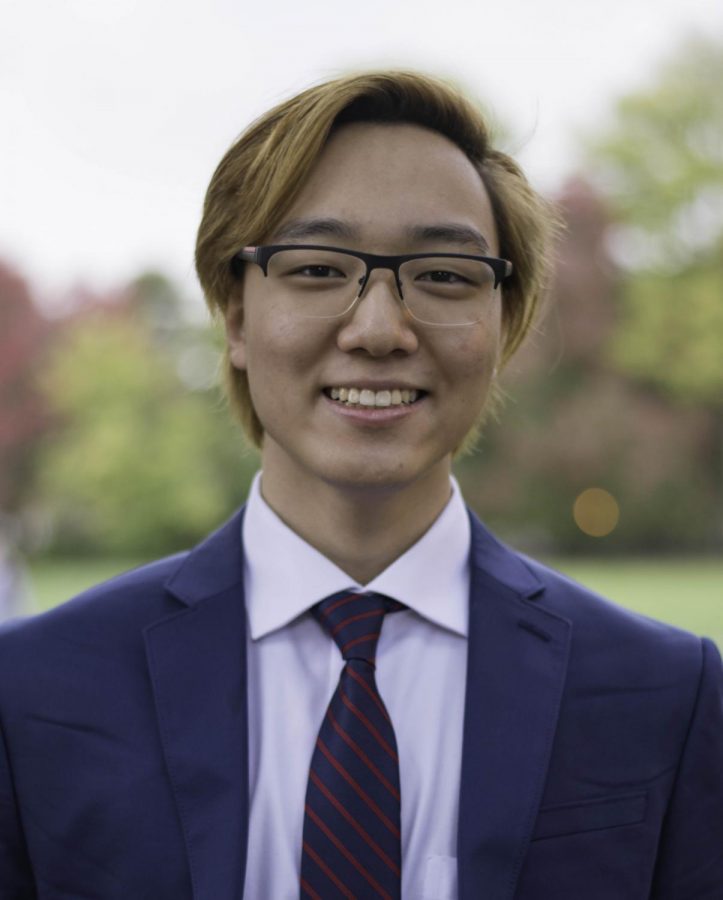S/U petition sees results, students want more
November 21, 2020
Associated Students of Oregon State University created a petition urging for the university to extend the Satisfactory/Unsatisfactory major-specific course grading policy implemented in spring 2020; so far, the petition has about 950 signatures.
Started by Allison Van Horn, fourth-year mechanical engineering and manufacturing engineering student, and Callie Steed, second-year environmental science student, the petition claims that the COVID-19 pandemic “has resulted in increased anxiety, depression, stress, and loneliness among students which can burden a student’s ability to learn.”
The petition’s main purpose is to help students cope with the fact that the pandemic is affecting grades directly. For David Park, student fees committee chair for ASOSU, if OSU accepts this petition it shows that they care about the students’ success and well-being.
ASOSU has been playing an important role in communicating with OSU faculty and helping to address students’ struggles with the COVID-19 pandemic.
“Students are having to take more jobs to help their families due to the pandemic… so the petition also helps alleviate pressure and stress,” Park said.
As a result of the petition, Alix Gitelman, vice provost for undergraduate education, said via email, “we acknowledge on-going struggles that many students are having in the remote learning environment.”
The deadlines for both withdrawing from a course and the S/U change of grading basis for the fall term have been extended. Both deadlines are now Dec.1, 2020, according to Gitelman.
Despite the deadline extension for the fall term, students still urge for this decision to be extended for the consecutive terms that continue to be affected by the COVID-19 pandemic.
“They did not make a statement about major course requirements S/U’s, so extending these deadlines will essentially only help first and second-year students who are taking mostly [Baccalaureate] Core classes,” Steed said.
The S/U policy would also be beneficial for those that have never dealt with remote learning, since TA’s have a tighter schedule, and collaborative work in the library is not the same; it may take longer to learn the material.
According to Van Horn, “about 75% of the petition signers are students who are in their third to seventh year of college, so the new S/U deadline extension doesn’t help these students as much, because they are mostly enrolled in courses from their major.”
As they have the availability to research on the internet, many students, including Van Horn and Steed, believe that professors are making exams more difficult, and therefore, more time-consuming.
“Because of the time requirement we need to succeed, all the self-care recommendations that psychologists give us, aren’t really an option,” Steed said.
“There have been concerns that even though most students at OSU are 18 years old and over, students aren’t mature enough to understand the future implications of using the S/U policy for a major course,” Van Horn said.
The implications of using the S/U system on a major course include barriers to admission in graduate and professional programs, especially in the areas of law and medicine.
“If the vast majority of students are really struggling, or at least those that signed the petition, it shows that many students are in need of a change in S/U grading policy, especially considering the difficulty of remote learning during the COVID-19 pandemic,” Van Horn said. “Ultimately, this petition was put together to help students succeed academically and to make sure that they don’t have to sacrifice their mental and physical health in order to maintain a high GPA.”











































































































